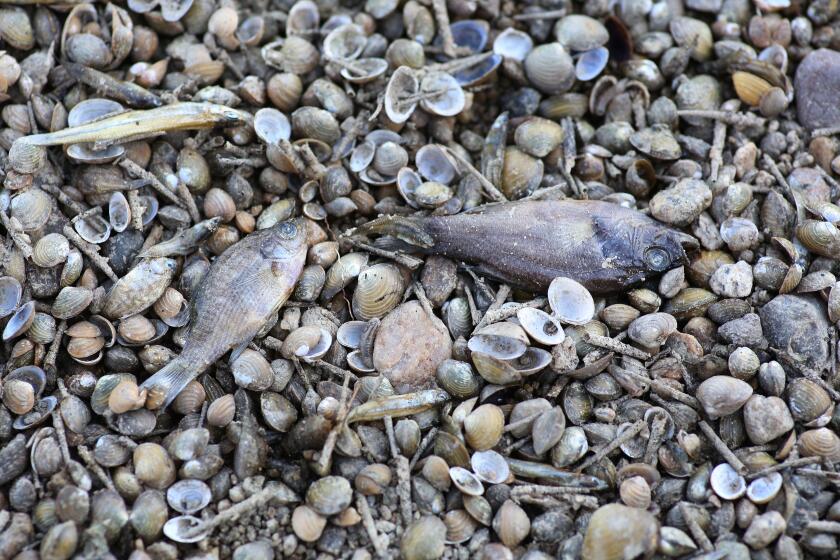Plan OKd to kill off 1,300 deer
The National Park Service has approved a disputed plan to eliminate about 1,300 nonnative deer from Point Reyes National Seashore over the next 15 years.
Park officials said they would use a combination of shooting and contraception to kill off about 300 axis deer and 1,000 fallow deer in the 100-square-mile national park in western Marin County by 2021.
“We will now get a group of people together to begin to talk about how to implement the program,” said John Dell’Osso, a spokesman for Point Reyes National Seashore. “Nothing will start until next year.”
The plan was approved by John Jarvis, director of the Park Service’s Pacific West region, and published in the Federal Register last week.
Park biologists are concerned that the invasive deer carry disease and compete with native black-tail deer and tule elk for food, water and cover.
But the effort to remove them from Point Reyes is opposed by many residents and animal rights activists who question whether the deer threaten the environment and argue that the animals shouldn’t be killed just because they aren’t native to California.
About three dozen fallow and axis deer, purchased by a landowner from the San Francisco Zoo, were brought to Point Reyes to be hunted in the 1940s, before the region became a national park in 1962.
Park officials shot the deer to keep populations in check until 1994, when they stopped because of public discomfort with the practice.
Fallow deer, originally from Asia Minor and the Mediterranean, come in a range of colors, from white to brown; males grow large antlers. Axis deer, which come from India, are spotted. Both species can weigh as much as 200 pounds, breed year-round and live in grasslands.
Under the Park Service plan, some of the female deer at Point Reyes would be rounded up and injected with a drug to prevent pregnancy, while the rest would be shot. Meat and pelts from the dead deer would be donated to food banks and other nonprofit groups.
Groups such as the Marin Humane Society have vowed to continue fighting.
“The decision may be in the books, but our work will continue to save the animals,” said Diane Allevato, the Humane Society’s executive director.
More to Read
Sign up for Essential California
The most important California stories and recommendations in your inbox every morning.
You may occasionally receive promotional content from the Los Angeles Times.










